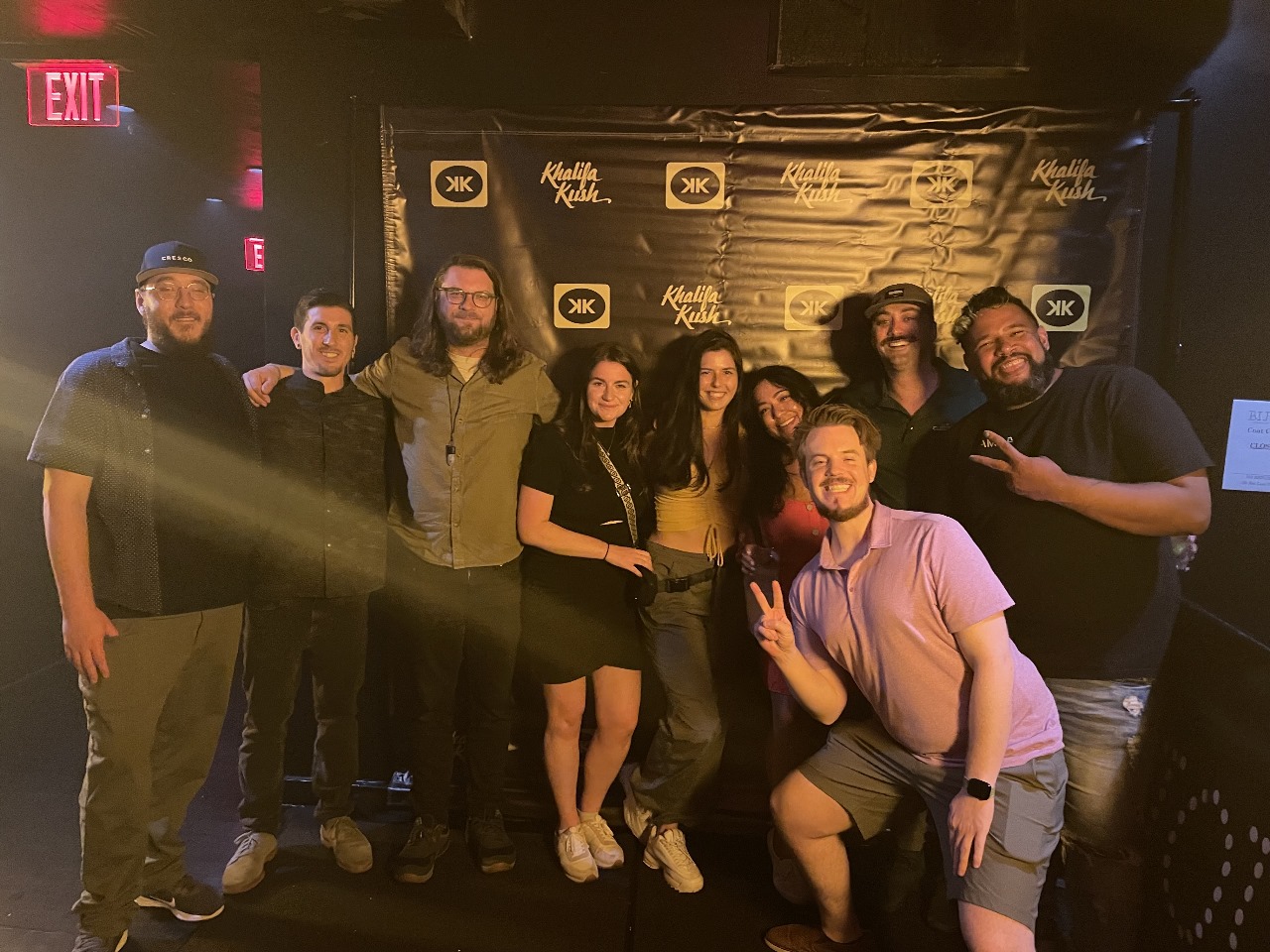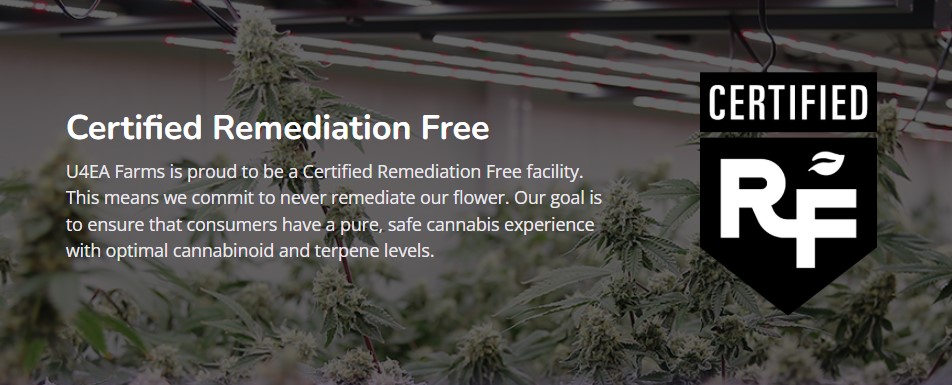Cannabis & Community: A Personal Journey Into a Diverse, Unifying Culture
By Andrew Elk
March 01, 2025

My journey with the cannabis industry began in January 2016, just after Massachusetts decriminalized cannabis possession and use. Like many newcomers to this emerging field, I started small — as a receptionist in a medical cannabis dispensary. It may have been an entry-level position, but it became the catalyst for a much deeper understanding of both the plant and the people who use it.
At the time, every customer in our dispensary was a medical cannabis patient, and I had the privilege of being the first point of contact. My role was to greet patients, guide them through intake paperwork, answer questions, and generally run the waiting room. What I witnessed during those early days was nothing short of transformative.
As a former live theater professional, I was accustomed to working in a creative but fairly homogeneous environment. The theater world, while vibrant and artistic, had a narrow demographic in terms of class, race, and even political affiliation. Cannabis, however, was different. It was a world full of contrasts — one where I was introduced to people from all walks of life.
I met homeless individuals who had obtained their medical cards to purchase single pre-rolls when they could afford them. I met successful lawyers, often women, who discreetly stepped out between meetings to pick up a few edibles or pre-rolls. And, every morning, without fail, the wealthiest man I’ve yet encountered in my life would be waiting outside our door in his bathrobe and slippers to purchase his entire allotment of CBD shatter.
What struck me most was not just the diversity of the cannabis community but the unifying theme that ran through every interaction: cannabis was a bridge, not a barrier. Despite the vastly different backgrounds, life experiences, and social standings of the individuals I encountered, cannabis was a common ground. It was the one thing they all shared — a simple, yet powerful, elation about the ability to access the plant legally and a collective frustration with the regulatory hurdles that complicated everything else, from credit card transactions to customer loyalty programs.
As the industry evolved and Massachusetts transitioned to recreational cannabis, the customer base grew even larger and more diverse. The focus shifted from primarily medical users to a broader audience, including recreational consumers with varied priorities and experiences. Despite this shift, the fundamental impact of cannabis on the community remained unchanged.
The cannabis community is, at its core, a reflection of the larger societal shifts we are witnessing. The growing acceptance and decriminalization of cannabis are breaking down long-standing barriers and stigmas, creating space for a broader range of voices and experiences. Cannabis is transcending its historical criminalization, and with this shift, it has become a catalyst for connection, healing, and empowerment.
In fact, one of the most fascinating aspects of the cannabis community is its ability to forge connections that might not otherwise happen. The concept of community outreach in cannabis, for example, has become increasingly vital. These outreach efforts do more than distribute products; they create connections between individuals and communities, fostering partnerships with underserved populations and grassroots organizations. These initiatives are creating spaces for individuals to come together, often in ways that defy traditional social divides.
Cannabis is a conversation starter, a tool for connection. It is not limited by social status, race, or political views — it is a communal thread that ties us together, even when we are deeply divided on other issues. It fosters open dialogue, a sense of belonging, and a shared pursuit of wellbeing. Whether through the local dispensary, social cannabis events, or even online communities, cannabis has created a space where people from diverse backgrounds can find commonality in their use of the plant.
As cannabis culture continues to grow, so too does the potential for community. In many ways, this is just the beginning. We are entering an exciting era where the focus is shifting from mere consumption to collective growth. We have the opportunity not only to reshape our relationship with the plant but to redefine what it means to build a truly inclusive and supportive community around it.
So, what does the future of cannabis and community look like? It’s one that celebrates diversity, fosters inclusion, and continues to create space for those who might otherwise have been marginalized. The cannabis industry, in all its forms, is built upon the idea that there is strength in unity, power in shared experiences, and beauty in embracing the diverse tapestry of individuals who make up this ever-expanding community.
Cannabis is not just a product; it’s a movement. And that movement is bringing us all closer together.



